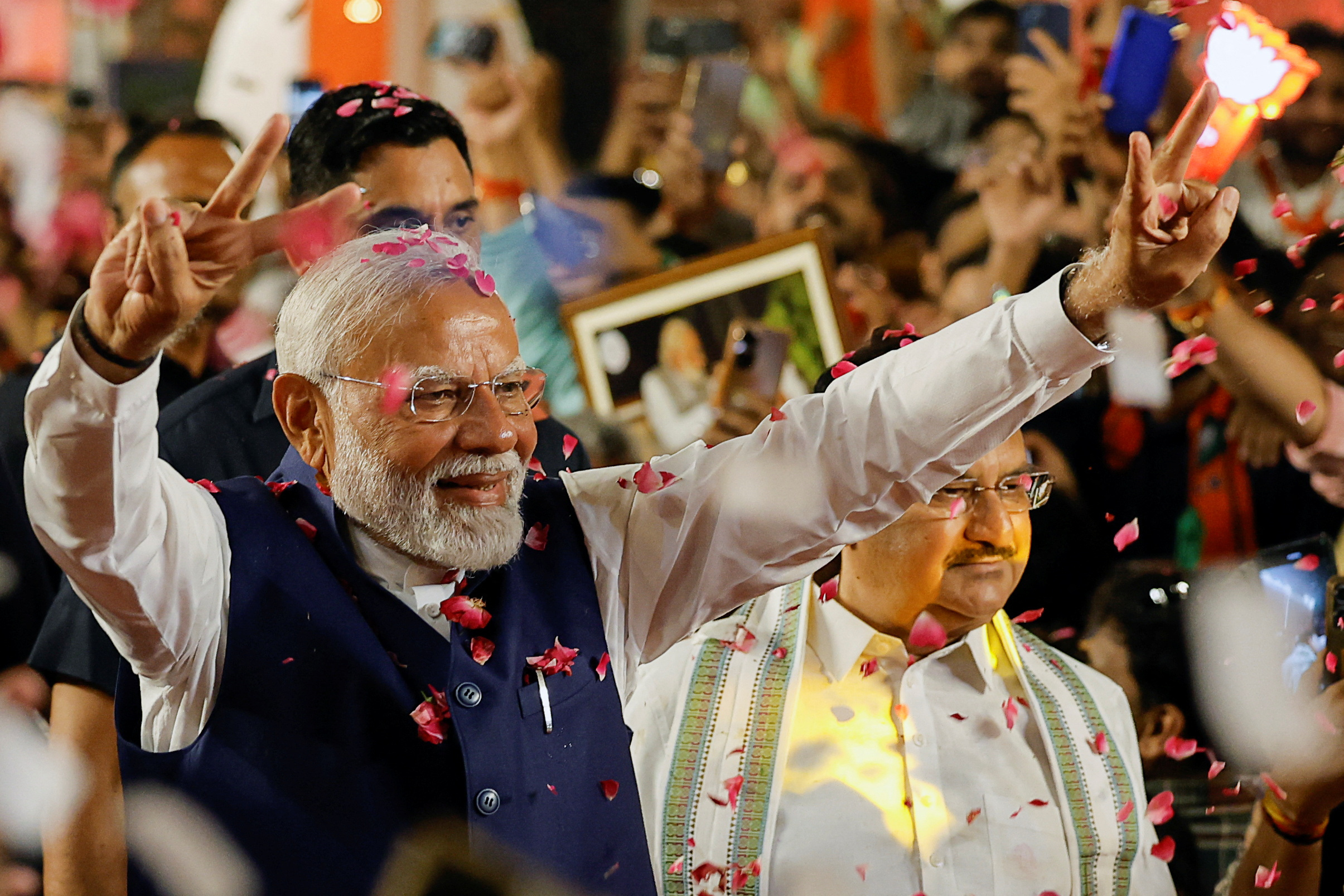Saudi Arabia is a country located in the Middle East on the Arabian Peninsula. It operates as an absolute monarchy, with the King serving as the head of state and government. Elections in Saudi Arabia are conducted at the municipal level, and there have been recent developments in the country’s electoral system. Here is some information about the election system in Saudi Arabia:
- Municipal Elections: Since 2005, Saudi Arabia has introduced a system of municipal elections to allow citizens to participate in the selection of local representatives. Municipal councils are responsible for local governance and decision-making in areas such as urban planning, public services, and community development.
- Electoral Process: Municipal elections are held periodically, with citizens having the opportunity to vote for candidates in their respective localities. The election process includes candidate nominations, campaigning, and the casting of votes. The elections are overseen by the Ministry of Municipal and Rural Affairs, which ensures the transparency and integrity of the electoral process.
- Voter Eligibility: Saudi citizens who are at least 18 years old and meet certain requirements, such as being of sound mind and having a good reputation, are eligible to vote in municipal elections. Eligible voters must be registered in the electoral rolls in their respective municipalities.
- Political Parties: While political parties are not officially recognized in Saudi Arabia, candidates running in municipal elections may align themselves with specific platforms or interests. These candidates may form informal alliances or engage in campaign activities to promote their candidacy.
It is important to note that the political system in Saudi Arabia is primarily based on the monarchy, and the King holds significant power and authority in decision-making processes. The country has been taking steps to expand citizen participation through municipal elections, providing an avenue for local representation and community engagement.



